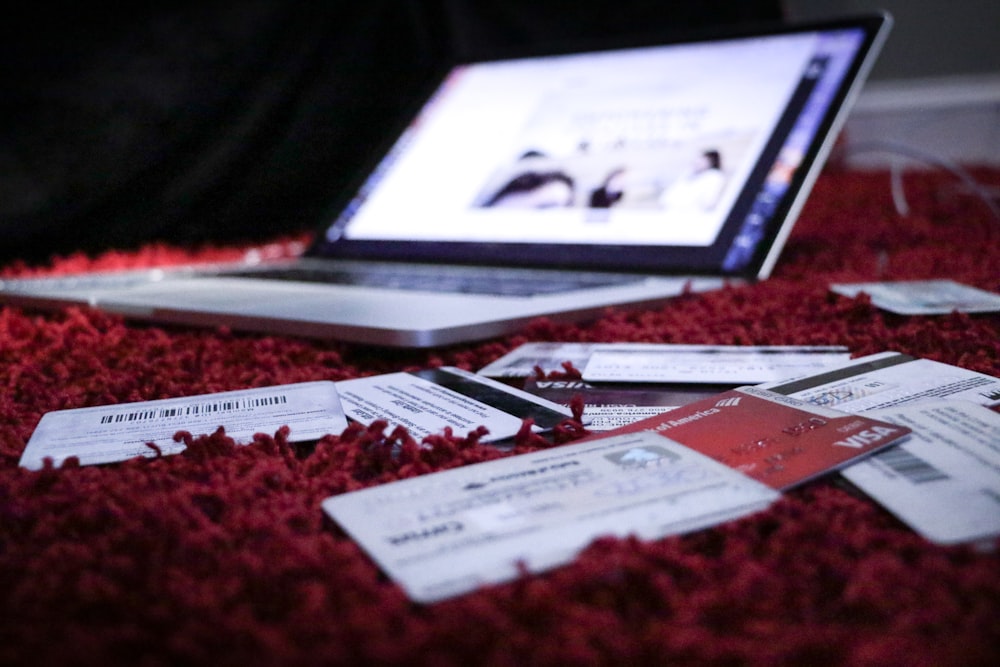Over the weekend, the New York Times Magazine ran a very long, very detailed story about the consequences of having bad credit in this country and what it takes to repair a low credit score. If the idea of tackling a 7,000+-word longread (or the embedded audio version, which clocks in at more 55 minutes) seems like the worst kind of homework, let us assure you: This is important reading.
In following Taqwanna Clark, a Black Houston woman who spent years trying to repair her bad credit and eventually became an advocate for credit repair by starting her own business, the Times has humanized a gigantic, mysterious problem that affects millions of Americans (disproportionately, of course, Black and Brown Americans).
The takeaways from the article are this: Americans’ credit scores are largely at the mercy of three giant companies, Equifax, Experian and TransUnion, each of which has its own magic sauce for determining your credit score. When you want to buy a house or a car or even apply for a credit card, the lender will pay to get your credit scores from these agencies and your credit score may vary widely among those three; each credit report might also contain errors that could negatively affect your score.
Related: Credit Card Balances Have Hit a Historic High
They are each required to give you a copy of your credit report once a year, but they are not required to tell you your credit score unless you pay for that information or get it from a lender that paid for it. How do you fix a credit score? Usually it’s by getting credit cards and paying them off on time or by submitting a request for these agencies to fix errors you find on your credit reports, which is what Clark did for years, submitting letter after letter to get “deletions” that ultimately raised her scores and allowed her to buy a house.
Related: The Science of Splitting Bills With a Partner, According to Eight Black Men
The system, as others have reported before, is broken in a lot of ways, and now as the NYT reports, even people like Clark who are trying to help others dig themselves out of a credit hole are finding they can’t make a living doing it. They’re competing with shady companies promising quick credit fixes with huge social media budgets that drown out small businesses like Credit Lift, Inc., Clark’s firm. Credit repair has grown into a $4.4 billion industry, but even in this space, minority business owners are being squeezed out by a system that is under-regulated and misunderstood by most Americans.
Give it a read: We promise you will learn a lot and you’ll be angry and who’s controlling your (very likely incomplete or incorrect) credit scoring.
